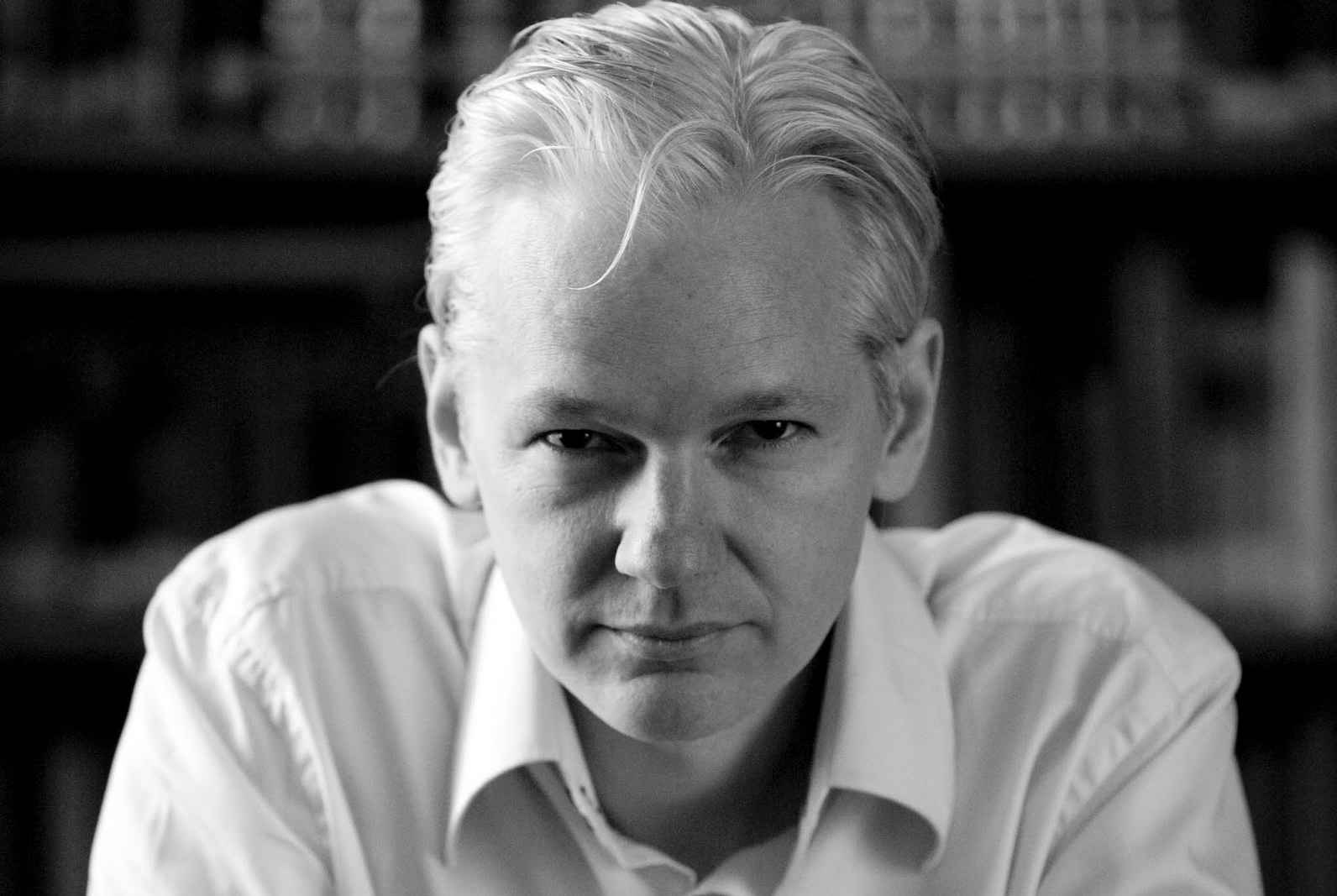In an evening created to discover the man behind the enigma, WikiLeaks founder Julian Assange spoke to RMIT students via live video stream in late August. The evening, co-hosted by the Melbourne Globalist and RMIT’s Bachelor of International Studies (BAIS), was an opportunity to direct questions at Mr Assange and engage in discussion. A number of questions were put to Assange covering three areas of intrigue: the Party and Australian Politics, Secrets and Censorship, and Assange: the Man Himself.
The WikiLeaks Party and Australia Politics
In the light of WikiLeaks Party Senate candidate Leslie Cannold’s resignation, Assange was interrogated on the credibility of transparency and accountability within the Party. Assange dismissed claims of a “secret, alternative power centre,” stating the entire affair was never discussed with him in any manner. Furthermore, Assange felt this event has “resolved itself in a rather pleasant way,” providing the WikiLeaks Party with “pre-publicity (they) wouldn’t have otherwise received.” Furthermore, on questioning WikiLeaks’s single policy of free information, Assange stated, “Of course we’re not a
single issue party, our issue is the issue of how to regulate our society and civilisation. We believe the best way to do that is through accountability and transparency. That’s the way you produce free society.” Assange described the WikiLeaks Party as a “new centre, a rival centre,” to combat both Liberal and Labor. Assange concluded the Australian politics discussion by introducing a new candidate for the Victorian Senate, Dr Binoy Kampmark, “an expert in international relations with a diverse background … (a) great guy and not a quitter.”
Secrets and Censorship
Julian Assange does not see a difference between good journalism and public justice. When asked, “What gives WikiLeaks the right to decide what the public should or shouldn’t know?” Assange’s response was succinct: Someone’s gotta do it. Further, Assange claimed, “Not one single person has been harmed by (a WikiLeaks) publication,” and “(WikiLeaks has) a perfect record in never having got it wrong.” Conversation turned to Barack Obama’s success (or lack thereof) on issues relating to accountability and transparency. Assange said Obama’s presidency has been an absolute disaster. “It’s a very, very serious problem. I’m not of the view Barack Obama is uniquely in charge. The United States is a very large and complex society with very powerful organisations in its industrial bodies, and in some ways, the President is like a corpse being buffed by the waves in the ocean, one way, or the other,” he said.
Assange: the Man Himself
In an attempt to crack the enigma of Assange, conversation shifted to his beliefs and Hollywood depictions. On the movie We Steal Secrets Assange asked, “In what way, if any, is it not misleading? If you’re in the public spotlight of course you get all sorts of tags … but Alex Gibney (turns this film) somehow into a psychoanalysis of me as a teenager.” Assange says his beliefs have not been shaken by the creation of WikiLeaks.
Assange said he is proud of having survived various assaults on his reputation, even hinting he finds pleasure in being an object of controversy. “I kind of enjoy it. I like drama. I get bored.” Finally, on a light-hearted note, Assange was asked what he discussed in his hour-long conference with Lady Gaga. Blushing, Assange replied, “Perhaps we didn’t discuss anything at all.” Assange, in typical form, remained a mystery right to the end.
Emily Westmoreland


